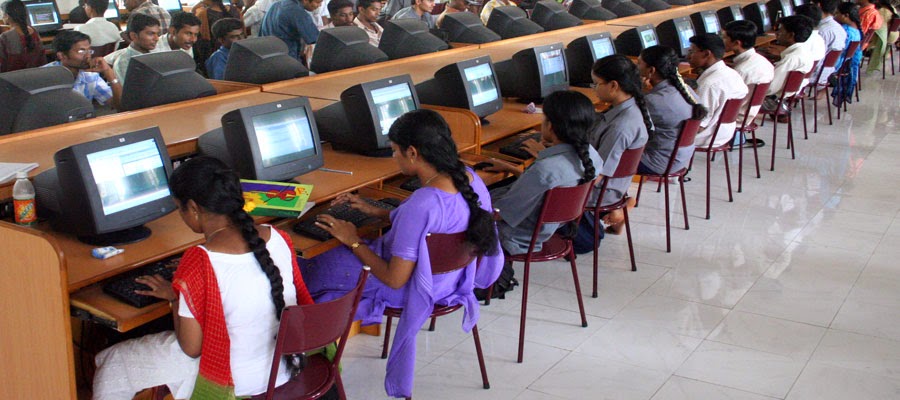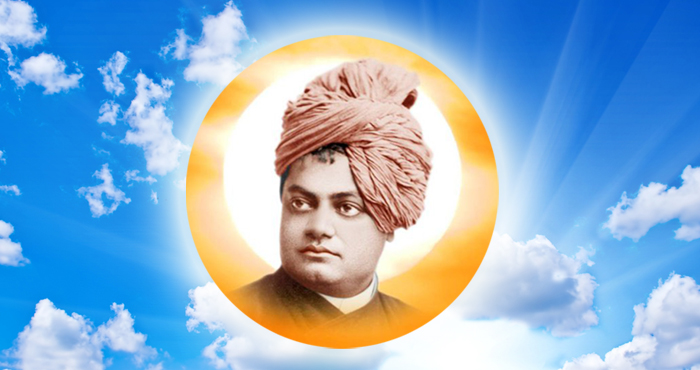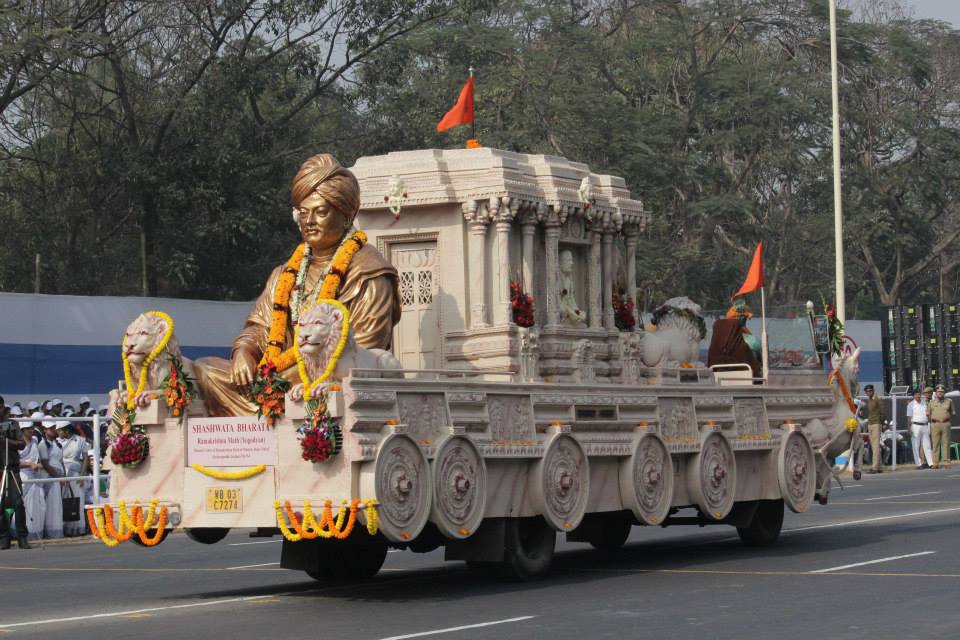The Bangla Government, under the leadership of Chief Minister Mamata Banerjee, has adopted the philosophy of ‘Food For All’, being implemented through the Khadya Sathi Scheme.
The Khadya Sathi Scheme envisages a system of systematic distribution of foodgrains across Bangla through the public distribution system (PDS), and for this, the government, through the Food & Supplies (F&S) Department, has brought about end-to end reforms in the management of the PDS.
The public distribution system consists of the public distribution outlets (PDO), commonly known as ration shops, which are basically fair-price shops (FPS).
Features of Khadya Sathi, being implemented through the public distribution system
To make the process of distribution of foodgrains hassle-free, the government has provided digital ration cards to 8.82 crore people.
Of these, 7.42 crore people are getting foodgrains at Rs 2 per kg while the rest 1.4 crore are getting foodgrains at half the market rate.
Of those getting foodgrains at the rate of Rs 2 per kg are
- 3,12,718 people of the Cyclone Aila-affected blocks and 3,619 reluctant farming families of Singur, getting 16kg foodgrains per month
- 8,75,703 beneficiaries of the Hills and 35,11,186 beneficiaries of Jangalmahal, getting 11kg foodgrains per month
- All working and non-working families residing in the tea gardens (enrolled under Antodya Anna Yojana), getting 35kg foodgrains per month
The more needy beneficiaries are getting foodgrains completely free
- 1,572 beneficiaries of 139 Toto families in Alipurduar district, getting 11kg foodgrains per month
- Almost 6,000 malnourished children and their mothers getting 5kg rice, 1kg masoor dal, 2.5kg wheat or fortified whole wheat flour (i.e., fortified atta) and 1kg Bengal gram
- With the aim of ensuring proper nutrition, government is providing whole wheat flour instead of wheat
Festive season bonanza
- For the important festivals – Durgotsav, Kali Puja and Diwali, Eid, Ramzan, Chhat Puja – edible oil, Bengal gram, flour and sugar supplied at subsidised rates from ration shops
Fair price shops
Part of the food distribution scheme for the needy is the setting up of fair-price shops in 120 tea gardens. The construction of 46 more is in progress.
Both supply and demand crucial for the success of ‘Food For All’
To ensure the success of the concept of ‘Food For All’, supply or production as much as distribution is required.
On the supply side, the government has ensured and is continuously ensuring better food storage capabilities, better facilities and schemes for farmers, and better food testing facilities.
These are touched upon in brief below:
Food storage capacity: Over the last seven-and-a-half years of the Trinamool Congress Government, the food storage capacity has been gradually augmented, and a lot of work is constantly being carried on, in terms of building more and better warehouses
- Food storage capacity increased by 15 times to 9.36 lakh metric tonnes (MT)
- Work currently in progress for enhancing the capacity by another 5 lakh MT
- 51 Khadya Bhawans built at the district and subdivisional levels
- Work currently in progress for construction of 14 more Khadya Bhawans
Better facilities for farmers: As part of the mantra of ‘Food For All’, the State Government has also ensured that farmers get as much help as possible in producing that food, in the form of incentives. A few of the important developments in this aspect are:
- No incidents of distress selling
- In the 2017-18 kharif marketing season (KMS), 32.23 lakh MT paddy procured at minimum support price (MSP) from 4.67 lakh farmers
- For the 2018-19 KMS, registration of farmers initiated from October 1, 2018 and paddy procurement begun from November 1, 2018
- For selling to cooperative societies (samabay samitis) and at centralised procurement centres (CPC), farmers getting incentive of an MSP of Rs 1,750 per quintal
- For selling at CPCs, farmers getting an incentive of Rs 20 per quintal over and above the MSP
- Another incentive recently introduced is ‘Dhan Din, Cheque Nin’ (sell paddy, get cheque) wherein farmers get immediate payment for their paddy sold through cheques
Food testing system: State-of-the-art laboratories are being set up across Bangla for carrying out for carrying food quality tests.
- There is a central laboratory in Kolkata.
- 15 district laboratories are being set up in 15 districts
- 6 regional laboratories are being built in Medinipur, Bardhaman, Krishnanagar, Malda, Siuri and Siliguri
Hence, as we see, Khadya Sathi has been a resounding success for Bangla. The scheme is the brainchild of Mamata Banerjee. As a result of it, people across the State, those who require, are getting foodgrains at subsidised rates.
Mamata Banerjee and her government’s commitment to ‘Food For All’ has resulted in an unwavering commitment towards farmers right from 2011. Among other things, their average annual income has increased by more than three times, from Rs 91,000 in financial year (FY) 2010-11 to Rs 2.91 lakh in 2017-18.










